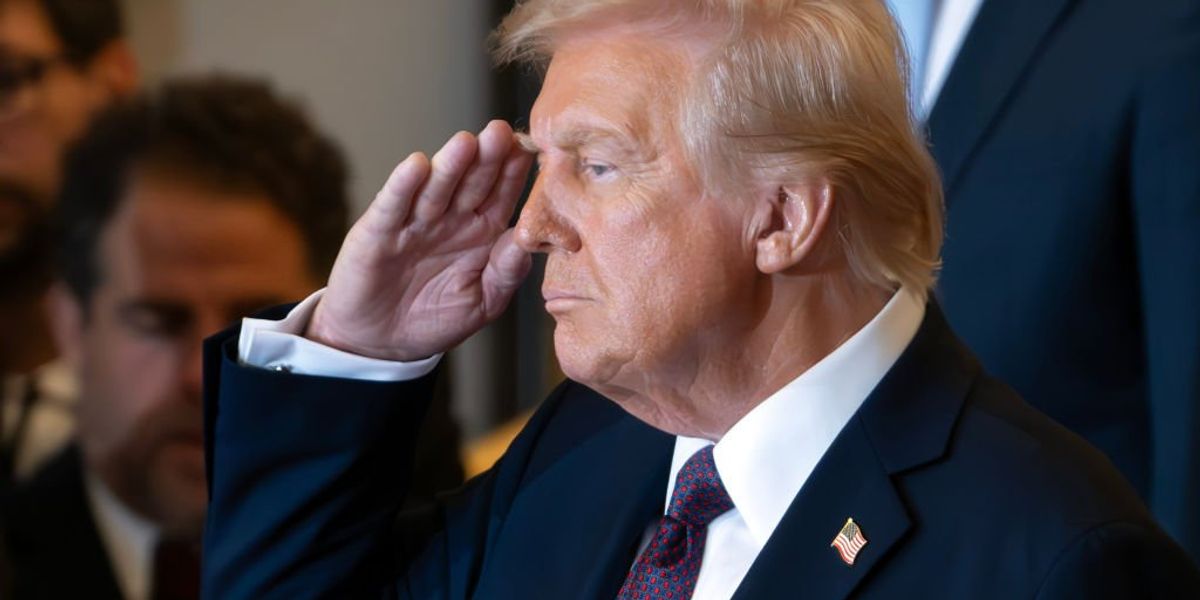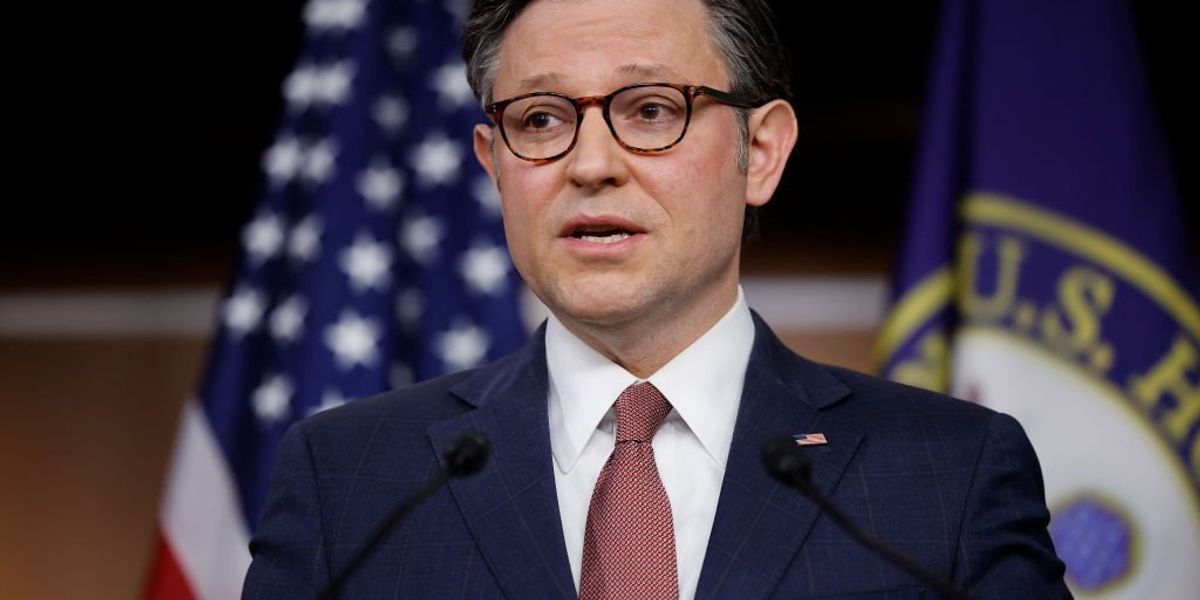Mark Bashaw, once a lieutenant in the U.S. Army, has finally seen a turn of fortune after facing criminal conviction and discharge due to his refusal to follow COVID-related protocols. Back in August 2021, then-Secretary of Defense Lloyd Austin mandated COVID vaccinations for military personnel, emphasizing the necessity of these measures to ensure a healthy and prepared military force. Bashaw, who was at the helm of the Army Public Health Center at Aberdeen Proving Ground, Maryland, stood his ground against these directives.
Those who, like Bashaw, chose not to get vaccinated had to either work remotely or comply with regular COVID testing and mask-wearing when entering the office. Bashaw’s resistance to these orders led to his court-martial conviction in 2022 for defying what were deemed lawful orders. In a 2023 social media post, Bashaw stated that his court-martial was a result of his refusal to “participate with lies.”
Following his conviction, Bashaw was discharged involuntarily, joining the ranks of around 8,000 other service members ousted for similar reasons. However, Bashaw stood out as the first to face a court-martial specifically for non-compliance with the COVID protocols set by Austin, as reported by The Hill. Recently, President Donald Trump issued Bashaw a full and unconditional pardon.
Although Bashaw’s conviction did not lead to a jail sentence, it did leave him with a criminal record, which has now been expunged thanks to Trump’s pardon. Bashaw expressed his gratitude on social media, stating, “I just received a Presidential Pardon from President Donald J. Trump.” He went on to share his humility and readiness to continue advocating for truth and justice in America.
In his social media post, Bashaw extended his gratitude to others, including former U.S. Attorney for D.C., Ed Martin, and called for “Time for accountability!” His post also featured an image referring to COVID as a “plandemic.” This narrative aligns with a broader skepticism about the pandemic’s handling and the mandates imposed during that period.
In a related context, Ed Martin, a key figure in Bashaw’s support network, has been vocal about the so-called ‘gatekeepers’ in the Biden administration, especially regarding the autopen controversy. Former President Trump has also been critical, accusing certain individuals of “TREASON” for exploiting the situation.
The controversy surrounding COVID mandates has been a hot topic, especially among conservative circles, where there’s been significant pushback against what many see as overreach by the Biden administration. Bashaw’s case highlights the broader debate over individual rights versus public health measures, a conversation that has been particularly pronounced in military and conservative communities.
Trump’s decision to pardon Bashaw has been celebrated by those who view the mandates as unnecessary impositions. This act of clemency is seen by many as a correction of what they perceive as injustices faced by service members like Bashaw. The pardon not only clears Bashaw’s record but also symbolizes a stance against what he and his supporters view as draconian measures.
The military’s role in enforcing COVID protocols has been contentious, with some arguing that readiness and health can be maintained without infringing on personal freedoms. Bashaw’s case exemplifies the tension between military discipline and individual beliefs, a balance that has been challenging to strike during the pandemic.
Bashaw’s story has resonated with many who believe in standing up for personal convictions, even in the face of significant consequences. His journey from conviction to pardon serves as a rallying point for those advocating for accountability and transparency in government mandates.
While the debate over COVID measures continues, Bashaw’s experience has become a symbol of resistance against perceived government overreach. The support from figures like Trump and Martin underscores a broader political narrative that questions the efficacy and necessity of strict pandemic protocols.
Bashaw’s pardon is not just a personal victory but part of a larger discourse on freedom, rights, and the role of government in individual lives. His case has sparked discussions on military policy, public health, and the balance between safety and liberty.
As the nation reflects on the pandemic’s impact and the measures taken, stories like Bashaw’s play a crucial role in shaping public opinion. His pardon may inspire others who felt their rights were infringed during the pandemic to seek similar redress.
The intersection of politics, health, and personal freedom continues to be a pivotal issue in the American landscape. Bashaw’s story is a testament to the ongoing dialogue about these fundamental principles and the paths individuals take to defend them.
In the wake of his pardon, Bashaw and his supporters remain steadfast in their commitment to advocating for change. This case serves as a reminder of the power of perseverance and the impact of standing firm in one’s beliefs.
As debates over COVID measures and individual rights persist, the conversation surrounding Bashaw’s journey highlights the complexities of navigating these challenging times. His story is a reflection of the broader national discourse on how best to protect both public health and personal freedoms.



